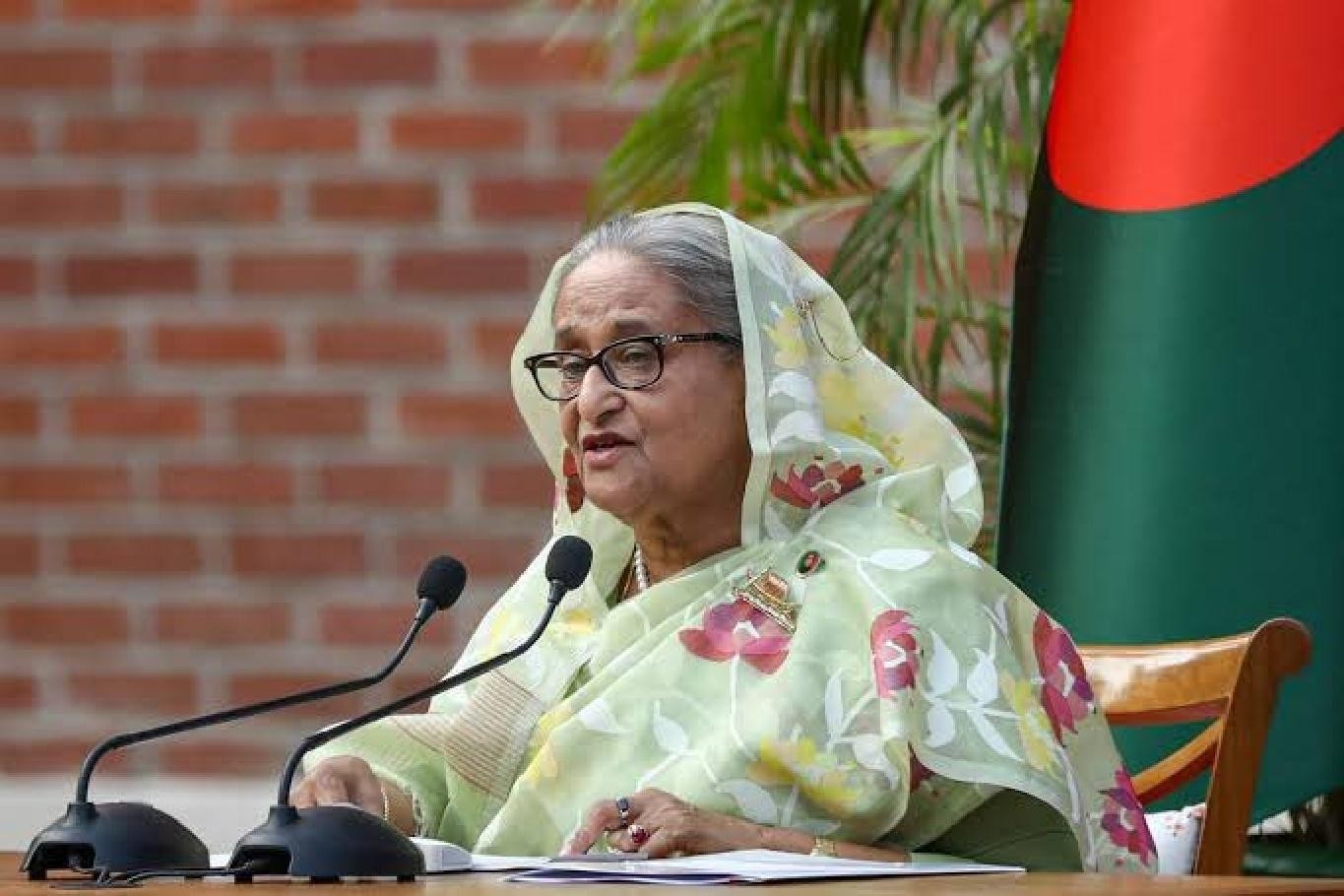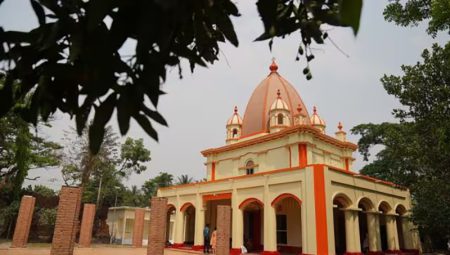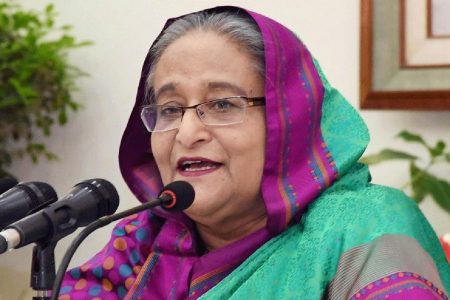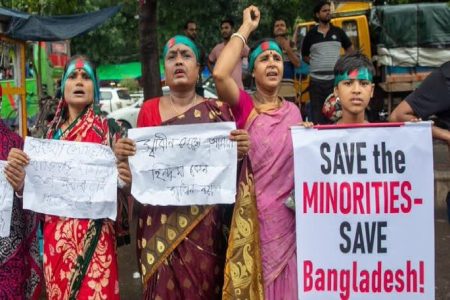
Bangladesh’s interim government has taken the significant step of revoking all diplomatic passports that were issued to Members of Parliament during the term of former Prime Minister Sheikh Hasina. This action, which also includes the cancellation of Hasina’s own diplomatic passport, is part of a broader effort by the interim administration to realign the country’s diplomatic and political stance as general elections approach.
The diplomatic passports, which once allowed MPs to travel visa-free to certain countries, were granted under Hasina’s administration. The revocation reflects the interim government’s push to reshape Bangladesh’s political landscape in preparation for the upcoming elections.
Sheikh Hasina has been in India since August 5, seeking refuge due to increasing threats and violence in Bangladesh. After spending two weeks in India, her future remains uncertain as she attempts to secure asylum in the UK or another European country, with no country yet granting her request.
India’s External Affairs Minister S. Jaishankar has confirmed Hasina’s presence in India and acknowledged her need for assistance. However, her prolonged stay could strain diplomatic relations between India and Bangladesh, especially as Bangladesh has begun advocating for her extradition.
Experts note that while Bangladesh has not formally requested her extradition, India is not legally obligated to comply with such a request should it be made. In a recent speech in Dhaka, Mirza Fakhrul Islam Alamgir, General Secretary of the Bangladesh Nationalist Party (BNP), urged for Hasina’s return to Bangladesh, emphasizing that she should stand trial in her home country. He appealed directly to India, urging them to hand Hasina over for legal proceedings, as the people of Bangladesh have decided she should face justice.
Reports suggest that Mirza Fakhrul has accused Hasina of attempting to exacerbate the ongoing political unrest in Bangladesh from her position in India.









